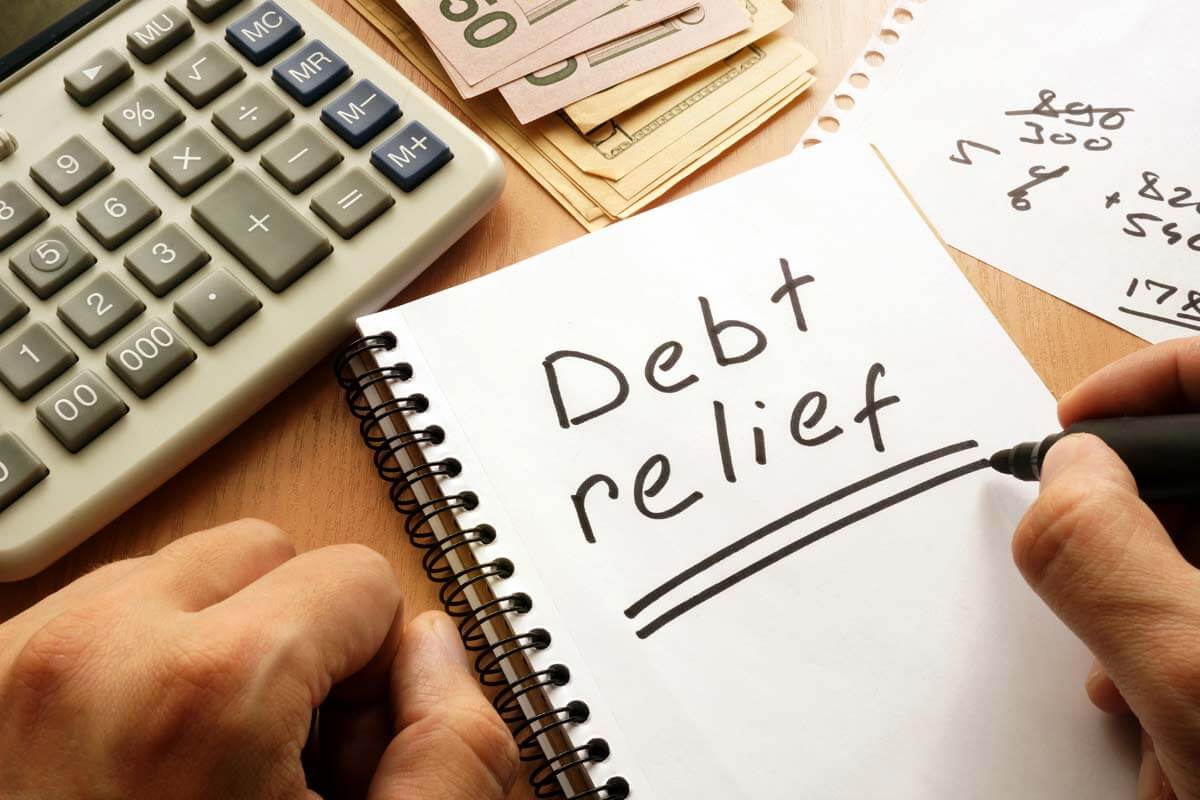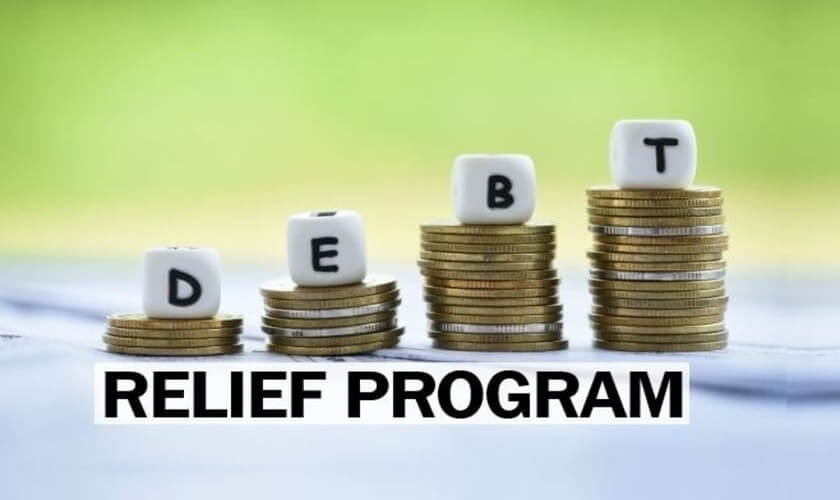Sometimes, you simply find yourself unable to get ahead of your finances. Tightening your budget and taking odd jobs isn’t cutting it, and you are becoming concerned that soon you won’t be able to afford basics such as housing, food, utilities, or transportation. At this point, you may begin to consider some form of debt relief.
When is it smart to do a debt relief program?
Be Proactive

source: debt.org
It’s wise to address debt as soon as possible. By acting early, you maximize your options while minimizing the negative impact of debt on your finances and credit score. If you let the problem become severe, your options can dwindle, forcing you to make some hard choices.
Here are some things at Live Enhanced that to be aware of when you are considering debt relief:
- Are your financial issues temporary (perhaps due to an unexpected expense or a brief period of unemployment) or long-standing (you have a pattern of indebtedness)? Temporary financial problems may not need a debt relief program, but long-term debt needs attention.
- Are you struggling to pay even minimum balances on your debts (such as loans and credit cards)?
- Are you unable to have a normal social life because you can’t afford to go out with friends and family?
- Is concern about finances causing anxiety or interfering with your job and family life?
If any of these things are a concern, it’s time to get help.
Types of Debt Relief

source: niveshmarket.com
Debt relief takes many forms and what is right for one person may not be suitable for another. Options include:
Debt consolidation: Debt consolidation involves taking out a loan that covers the balance of all your debts combined. The loan should be at an interest rate that is lower than what you are currently paying on your debts. You use the loan to bring your balances to zero and then pay back the loan.
There are advantages to this approach, including simplicity (you are making only one payment each month, instead of several) and little or no damage to your credit. However, if you are already in financial trouble, it can be difficult to qualify for a consolidation loan.
Credit counseling (debt management): Credit counseling, also known as debt management, is similar to debt consolidation in that you only make one payment each month. However, this arrangement doesn’t involve taking out a loan. Instead, a credit counselor negotiates lowered interest rates with your creditors. You make one payment each month to the agency, which then disburses your payments to your creditors. While this does not require the good credit needed to take out a loan, it can take a long time to pay off your balances.

source: consumercreditcardrelief.com
Debt settlement: Debt settlement provides you with a way to reduce debt balances while getting them paid off for good. A debt settlement company helps you open a savings account into which you put a specific amount of money each month. The company then starts to negotiate with your creditors to lower your balances. The money you save is used to pay off each balance at less than what you originally owed. Not all types of debt qualify for settlement and there are some costs involved. Click here if you’d like to know more about this option.
Bankruptcy protection: Bankruptcy is a very serious option. In Chapter 7 bankruptcy, assets are liquidated and proceeds are used to pay off creditors. The court discharges remaining balances for eligible debts. In a Chapter 13 bankruptcy, you keep your assets but are required to enter a strict three or five-year repayment plan. At the end of the plan, the court discharges eligible balances. Bankruptcy is expensive, requiring thousands of dollars in lawyer’s fees and court costs, hurts your credit score, and not all debts qualify for a discharge.
Understanding when it is smart to do a debt relief program is the first step toward dealing with debt and financial stress. Reviewing your finances and researching options is a great way to get started.




